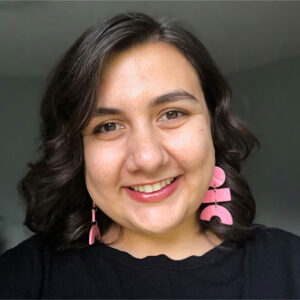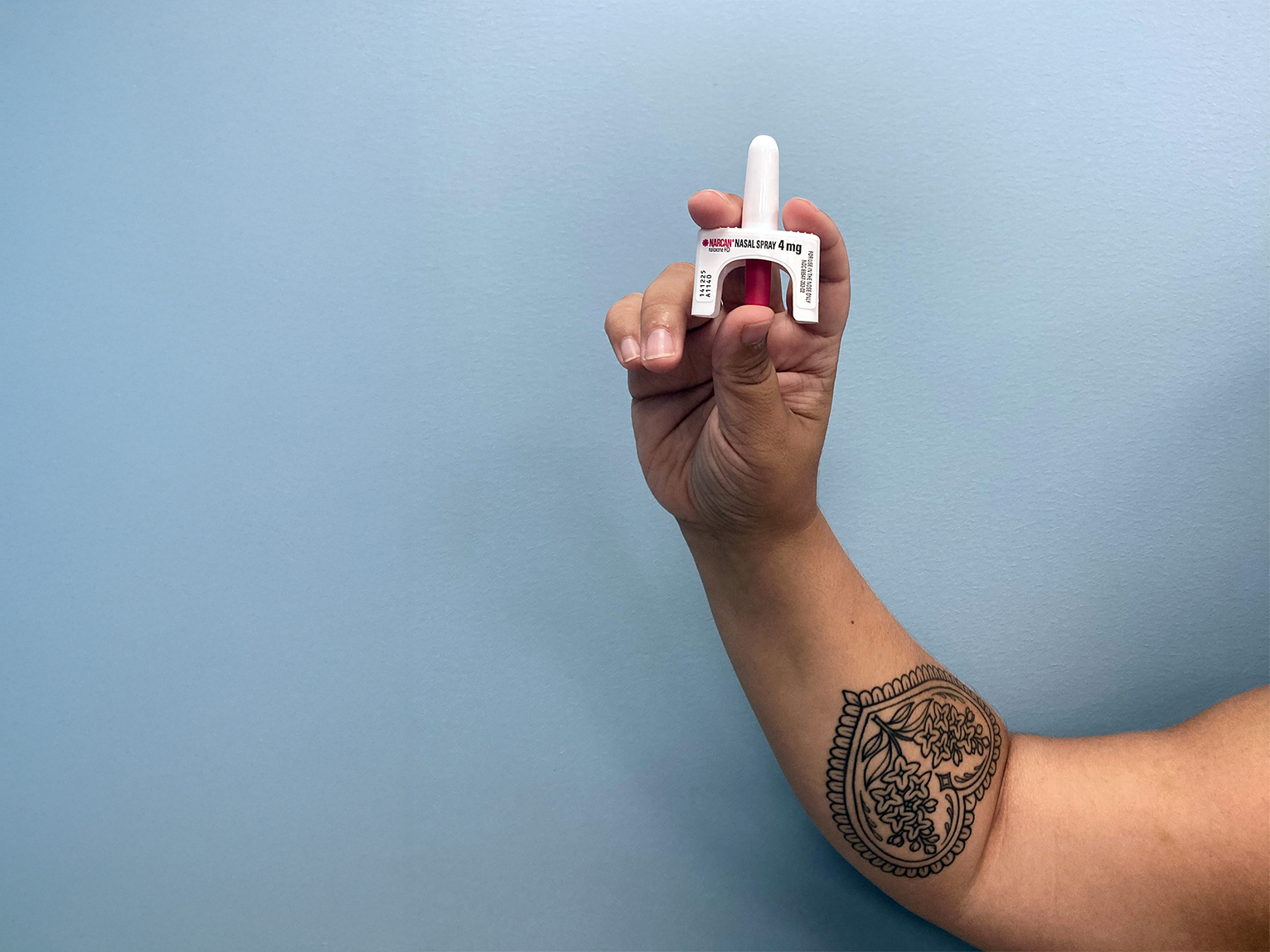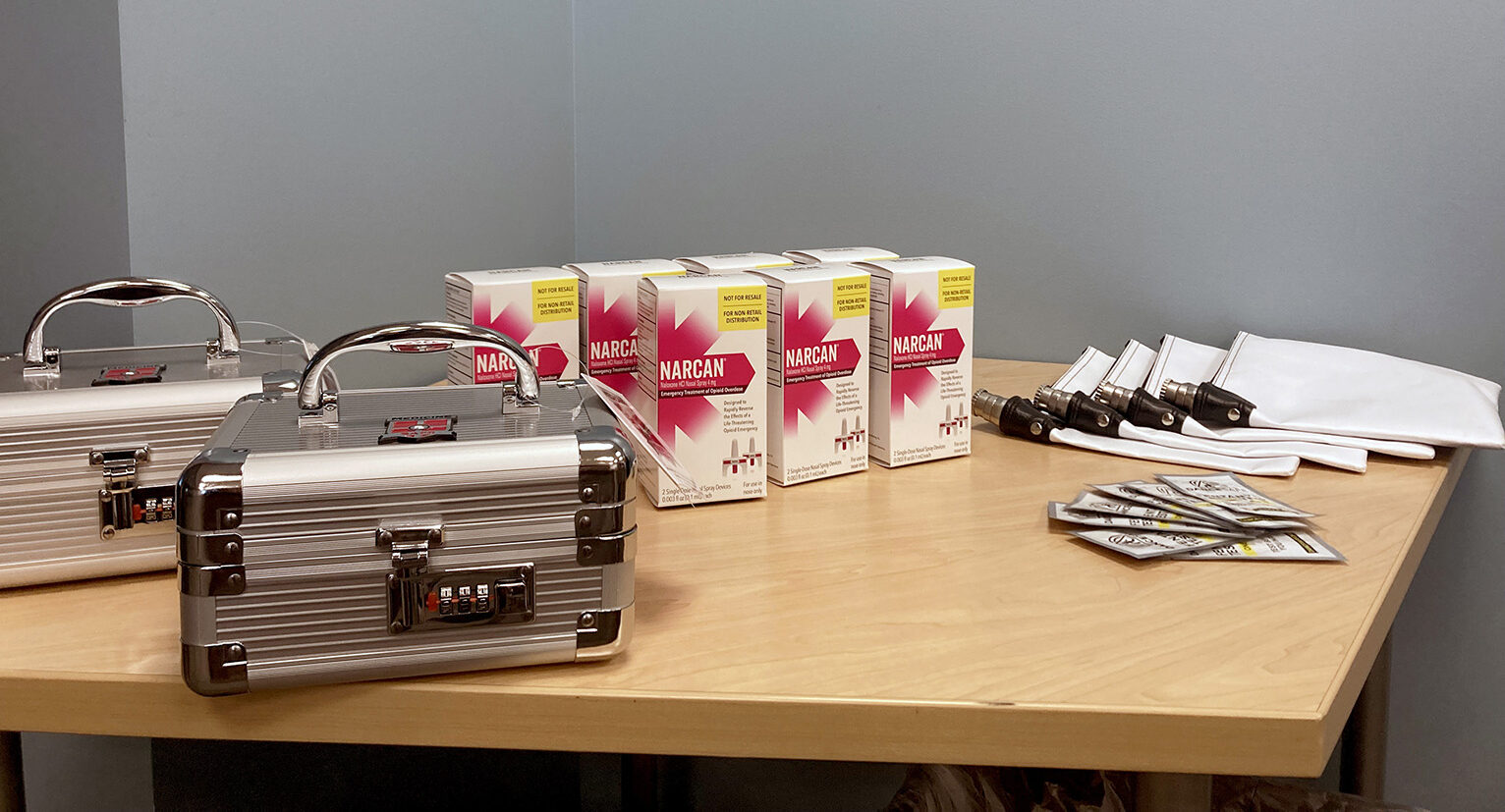
Nina Misra
Senior Manager, Healthy Community
A word I’ve heard a lot lately is ‘uncertain’. Many people feel uncertain about the future, and we know that uncertainty can be especially challenging for those with substance use disorders. At the same time, these moments remind us how far we’ve come and the many resources available to support people on their journey.
With such a complicated issue, it can be hard to know how to make a difference. United Way of Southern Maine has gone through our own journey to better understand our part in supporting individuals with substance use disorders. We’re excited to share what we are doing to support this community and to improve health and well-being for all in Southern Maine.
SUPPORTING RECOVERY
In March 2024, United Way of Southern Maine became a Recovery Friendly Workplace (RFW). This means that the organization has made a commitment to a cultural shift in the way we support individuals affected by substance use disorder. RFWs focus on four key areas: prevention, training, hiring practices, and recovery support. So far, we have received training from Portland Recovery Community Center, adjusted internal policies, and amplified our existing recovery-friendly efforts.

NALOXONE TRAINING AND DISTRIBUTION
We also know there are people in our community who are at imminent risk of overdose and who need immediate support. Fortunately, the state of Maine has prioritized naloxone distribution as a core harm reduction strategy. Harm reduction means taking practical steps to reduce the negative effects of drug use. Naloxone is a safe antidote to opioid overdoses and is responsible for saving thousands of lives in Maine in 2024 alone. While there is a strong network of naloxone distribution in Greater Portland, the rural areas in Southern Maine and people not already connected to harm reduction organizations are in danger of being left behind.
To help bridge this gap, United Way staff has been traveling to local gathering spots, such as food pantries, recreation departments, places of worship, and libraries to provide free naloxone trainings to community members. To date, we have provided training to 98 individuals and distributed 376 doses of naloxone.

Attending a training with United Way isn’t feasible for everyone. That’s why we created a naloxone training video that gives a quick rundown of how to identify an overdose and how to respond with naloxone—in six different languages! This video is available for any community member to view and share.
Substance use disorder affects so many people. I know it has impacted many of you reading this in some way—whether you yourself are in recovery, a friend or family member struggles with substance use, or you have lost a loved one to an overdose. This work is hard and emotional—but I feel lucky that I am able to raise awareness around this issue and the amazing resources in our community.
If you or someone you know is struggling, help is available:
- Call or text 211 to find detox, treatment, and recovery services in your area.
- Call or text 988 to access the Maine Crisis Line.
- Reach out to your local OPTIONS Liaison to get connected with naloxone and treatment support.
- Visit your local Recovery Community Center to find peer support services.